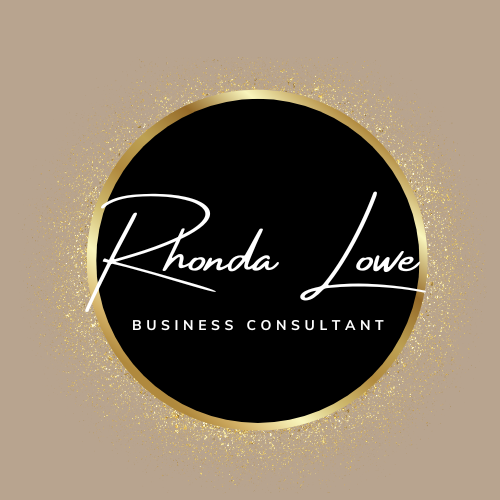
One of the first steps that anyone thinking about starting a business should take is to test the feasibility of your idea.
The number one reason for business failure is that there is not a market for the idea.
With the high failure rate of start-ups, 1 in 5 will fail in the first year and 50% will fail by the fifth year, this is not to be taken lightly or viewed as optional.
Testing the feasibility of your idea takes some time, some reflection and some research.
Let’s look at some questions to help you take a serious look at the feasibility of your idea.
1. What is your “BIG” idea?
You might have many- most entrepreneurs do. But have you narrowed it down to the one with the best chance of succeeding?
2. How did you come up with this idea and how long have you been thinking about it?
Sometimes our best ideas come like lightning, but it is also important to take some time to think about that idea. Do some research.
3. Who is your target market? Who is that one person who is most likely wanting and willing to buy what you have to offer?
This doesn’t mean that you would not sell to anyone, but it does mean that you have identified an initial target market. You understand their needs and how your business can meet their needs. You speak their language, and you know where they hang out so you can get your marketing message out to them.
4.What have you done to determine if there is enough of a market to make what you want to do profitable?
This is one that is often overlooked but it’s super important. You need to know that there is a market for your idea and that that market is big enough to make you profitable.
5. What is your experience in this field? If you have none, how does that affect your chances for success?
This is a valid question and one that can be misunderstood. Sometimes our passion for a topic or industry leads us to believe that we could do that too. In reality, the more experience you have in the field you want to start a business, the better your chances of success. Otherwise, you will be relying, and paying someone else, to be the expert.
6.Have you ever owned a business before?
This is not an automatic disqualifier because all of us started without owning a business before. If you have grown up with a mentor who is an entrepreneur or been in upper management in your career, then that can help ease you into a more successful start.
7. What skills do you think it will take to run this business?
This is the time to honestly assess yourself as to whether you have those skills or are willing to learn those skills. Part of your research should be to find out just what skills are important for the kind of business you want to start.
8.Now to where the proverbial “rubber meets the road.”
How much do you think it will take to start this business?
How much do you have of your own money to invest?
And if it is not enough, where will the rest come from?
Lack of funding to not only start your business but to sustain your business until you are successful is the number two reason for business failure of start-ups.
It’s important to know the real numbers before you start.
So these 8 questions should help you begin to get a feel for whether or not your idea is valid.
The next step is to do some market research to confirm if it is or not.
For help with testing the feasibility of your idea or conducting market research, contact us at:
rhondaloweconsulting@gmail.com
